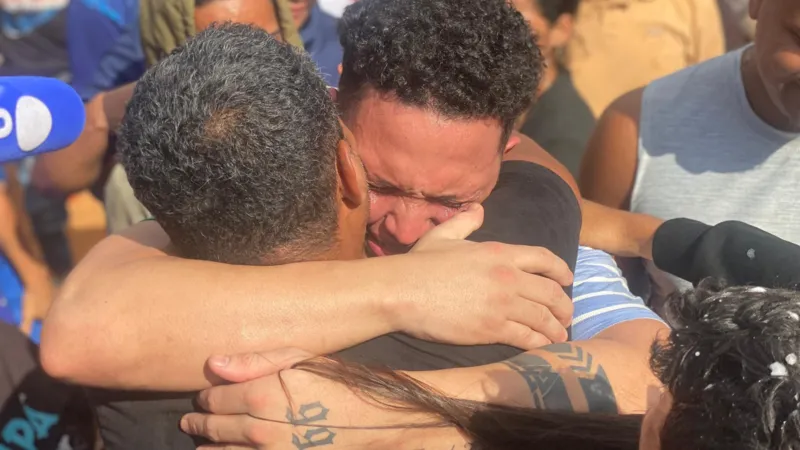Astronauts stranded on space station to return next February, NASA announces
NASA has announced the two astronauts stranded on the International Space Station (ISS) will return to Earth on SpaceX in February 2025.

Pilot Sunita "Suni" Williams and Commander Barry "Butch" Wilmore blasted off in Boeing's new spacecraft on 5 June, and were meant to stay in orbit for eight days after docking on the ISS.
NASA administrator Bill Nelson said at a press conference on Saturday a manned return on Starliner would be too dangerous, and the two astronauts are safest staying on the space station.
"Spaceflight is risky," he said. "Even at its safest, and even at its most routine. A test flight by nature is neither safe nor routine."
Associate administrator Jim Free then added: "The uncertainty in our [technological] margins is what drove our decision."
Starliner will now undock in early September and attempt to return on autopilot. The two astronauts are set to return in February on a SpaceX Crew Dragon spacecraft which is due to launch next month as part of a routine astronaut rotation mission.
Ms Williams and Mr Wilmore both support the plan "fully," and the SpaceX crew will make the necessary adjustments. NASA also said no serious consideration was given to asking SpaceX for a quick stand-alone rescue.
Many of Starliner's thrusters in the propulsion system overheated when fired and leaks of helium, used to pressurise the thrusters, appear to be connected to how frequently they are used, NASA's commercial crew manager Steve Stich previously explained.
Speaking at the press conference on Saturday, Mr Stitch said: "The bottom line relative to bringing Starliner back is there was just too much uncertainty in the prediction of the thrusters.
"If we had a model - if we had a way to accurately predict what the thrusters would do for the undock and all the way through the deorbit burn and through the separation sequence, I think we would have taken a different course of action.
"But when we looked at the data and looked at the potential for thruster failures with a crew on board... it was just too much risk for the crew."
It marks another blow to Boeing's spaceflights after the company won a contract with NASA worth more than $4bn a decade ago.
Starliner's first test flight without a crew in 2019 was fouled by bad software, prompting a do-over in 2022.
Since then, parachute issues have cropped up, and a helium leak in the capsule's propellant system halted a launch attempt in May.
NASA officials still hope Starliner's problems can be corrected in time for another crew flight in a year or so.
-SKY NEWS







